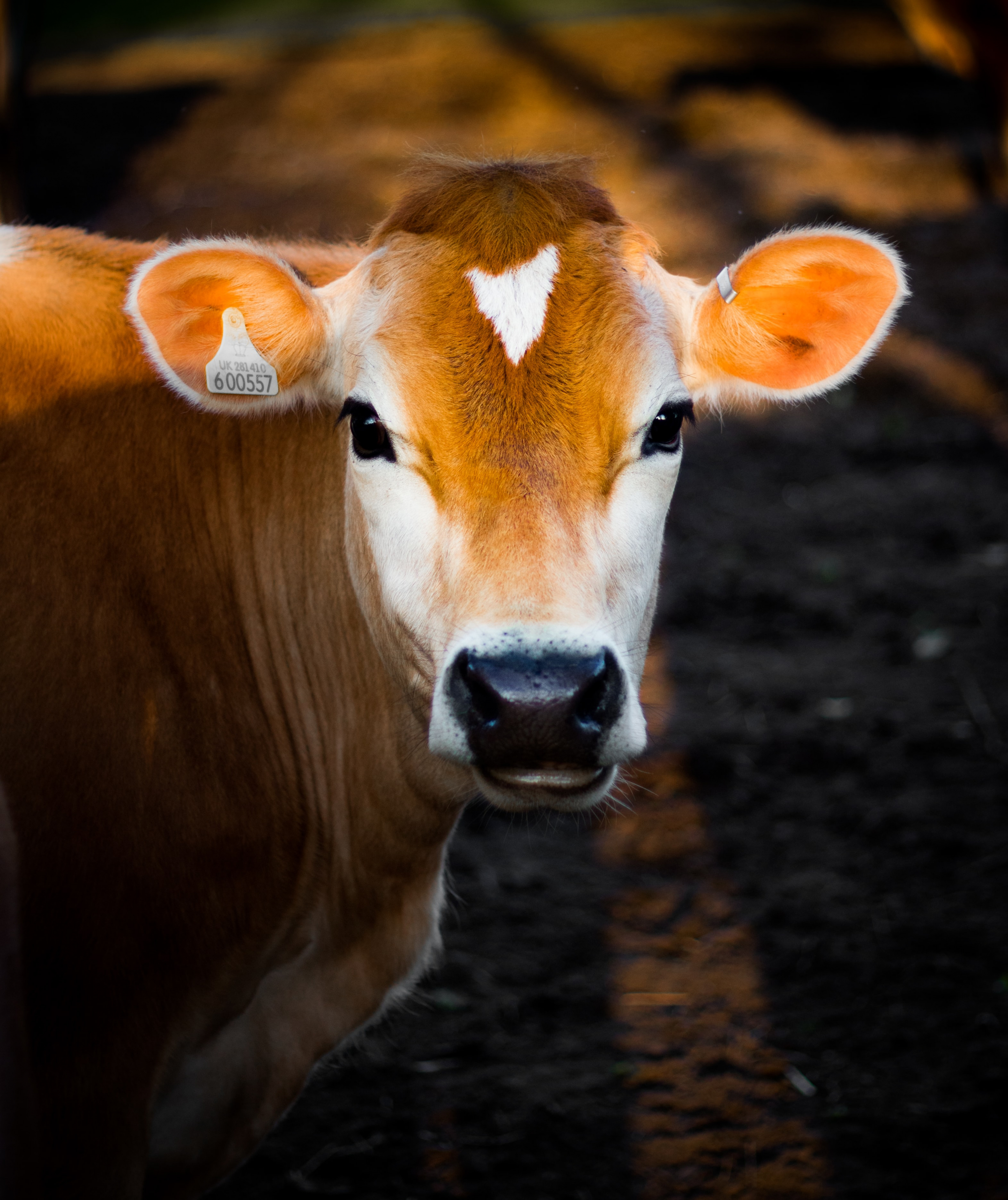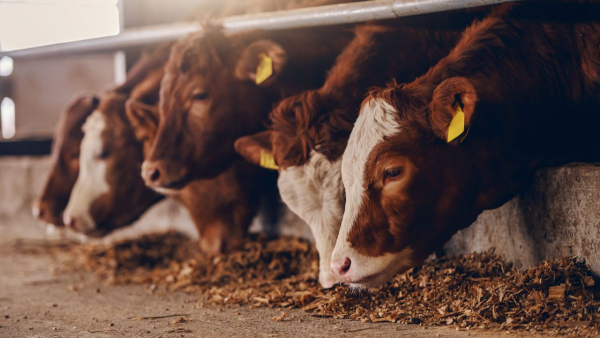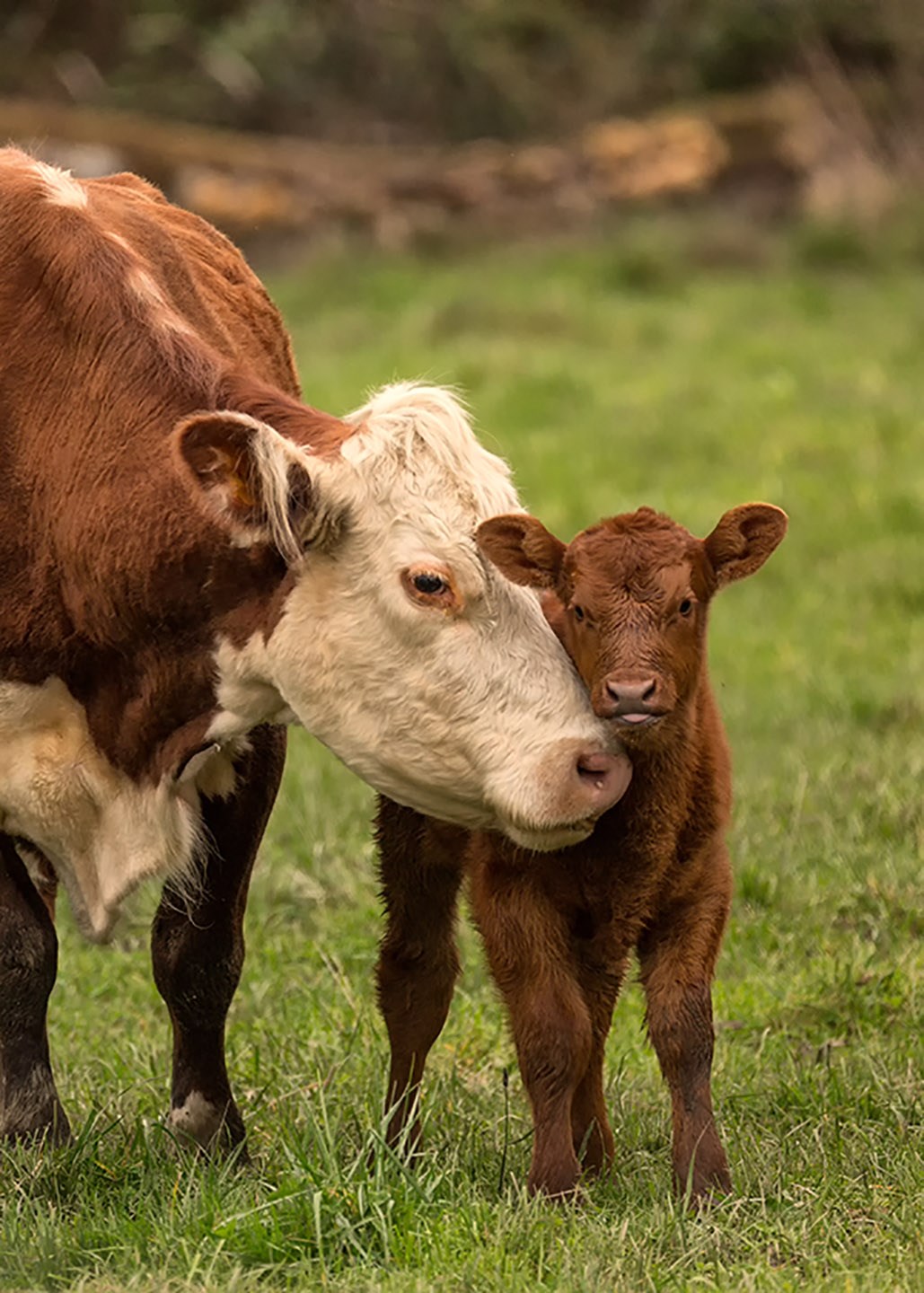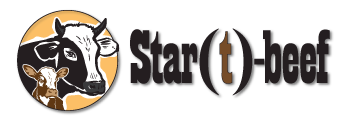In Greece, approximately 150,000 tons of beef (meat) are consumed yearly. However, less than 25% of the consumed amount is produced in the country.
According to the Greek legislation, “Greek Bred Product” is considered the beef carcass, that had imported from aboard, with the prerequisite of breeding the imported calf in a Greek farm for at least 5 months. “Greek” is defined the carcass of an animal that was born and raised in Greece.
In our country, usually, purebred or half-bred beef calves are imported at the age of 6-8 months (or even younger) and bred for a period of 7-8 months (or less), for their carcasses to be labeled as “Greek Bred Product”


Greek Beef breeders are forced to import animals from abroad, as they are unable to find calves proper for fattening in Greece. Most of the time, male Holstein calves are available, whose performance in both carcass amount and carcass quality are undesirable.
However, problems could be raised during the importation of live animals due to enzootic diseases, which prohibit the movement of animals between states and within the country.
The present project aims to provide solutions to the aforementioned problem since it will enable the production of calves, that are suitable for fattening, within the country.
For this purpose, innovative technologies will be applied in a controlled manner and appropriate guidelines will be given to dairy cow breeders within the country. Based on these guidelines, dairy cow breeders will be able to check if they meet the given criteria for producing beef calves and beef breeders should be able to find proper calves close to their farm. The carcass of these animals will be labeled as “Greek”.



